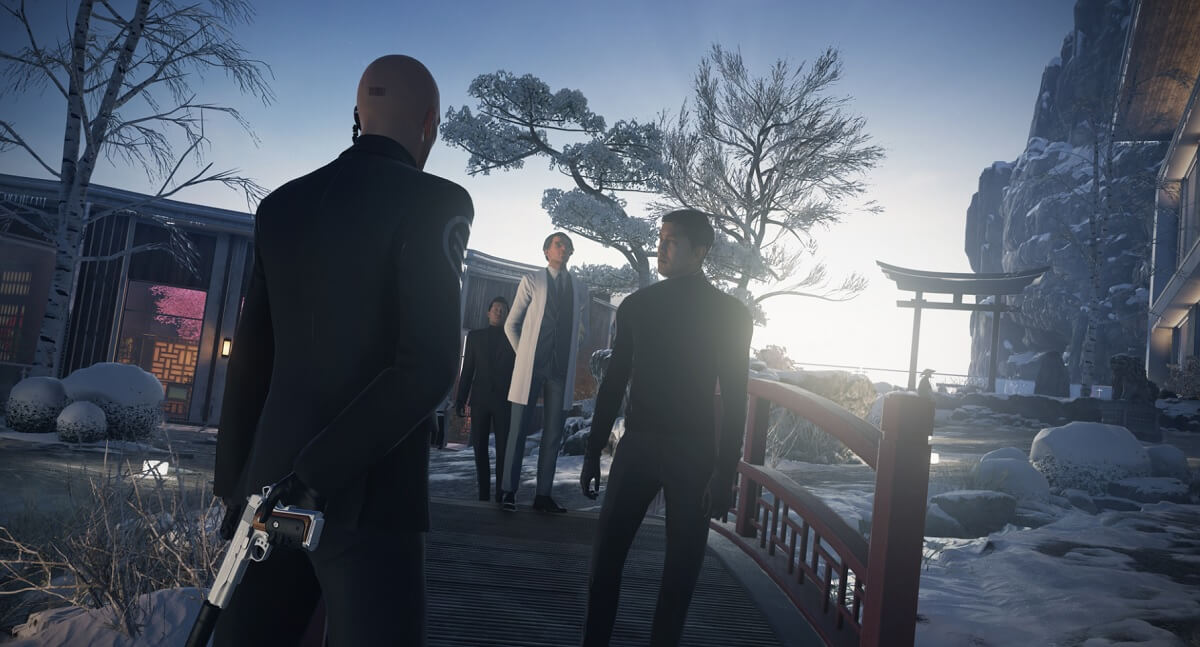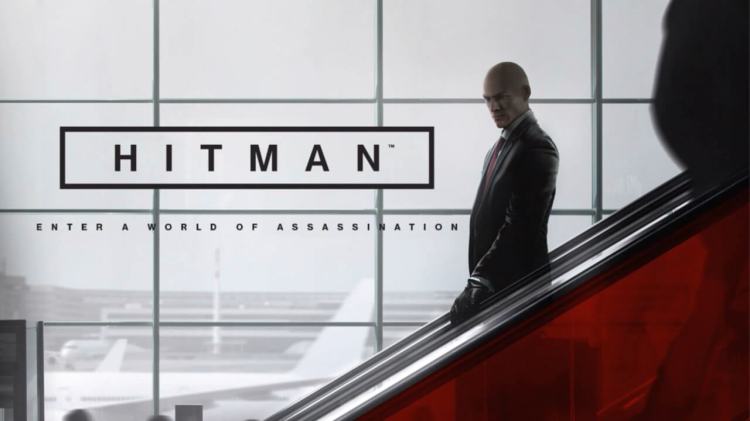GamesBeat: You’re now working on season two. How is that going to work when it comes time to release that as a disc? Does it just arrive as Hitman season two? Or do you plan to do a compilation of season one and season two?
Christian Elverdam: There are many thoughts we’re considering at the moment. We’ve only just delivered season one. We’re in a place right now where we can look back at a season that worked. It’s a little bit of a different outlook than if we were in a situation where a lot of things didn’t work. It’s not that we don’t see a lot of things we’d like to tweak in the game, improvements we want to make, but in general we’re in a very nice place.
We have a formula we can rely on as far as what a Hitman sandbox is, which we didn’t have three years ago when we started this. Three years ago, when we started building the game, it had actually been 10 years since we built a Hitman sandbox. Now we have this feeling that we have a good, firm grasp on what the blueprint for a Hitman experience should be. That guides us a lot when we think about what we want to do. But as far as how we’ll package season one and season two, what we’ll call it, it’s still too early to talk about that. We have tons of discussions going on internally. But it’s still early days.
GamesBeat: What specific things have you learned from season one that you’re applying to season two?
June 5th: The AI Audit in NYC
Join us next week in NYC to engage with top executive leaders, delving into strategies for auditing AI models to ensure fairness, optimal performance, and ethical compliance across diverse organizations. Secure your attendance for this exclusive invite-only event.
Christian Elverdam: In a way, this game is unique in the sense of how the sandbox works. Having established that mix of events in a level — it needs to feel like a proper, credible, contemporary world that we’ve built. All that stuff is learnings we had. And like anyone who played the game, you probably looked at stuff and thought, hmm, we could do more with that, or wouldn’t it be nice to touch that part of the game. If you think about it, Hitman is really built out of the locations you choose, the events you put in those locations, and then the artificial intelligence that governs the NPCs. What we learned is that we hit those points, and they actually worked, but they each had areas where we think, okay, what’s the next version of this element?
People should expect that we’ll build on what we know now. When we announced the game at E3 and it was about to come out, there was a lot of talk about whether this would be a proper Hitman game. That was a question we got quite a lot. But I don’t think, as we go into season two, that that’s a question anymore, if you see what I mean.
GamesBeat: Is there a possibility that you could make a season two episode, have it ready to go, and release it as soon as you announce it? Is that something you’d ever do?
Christian Elverdam: [laughs] Well, it’s an interesting idea. I don’t think we’re there yet. It’s an interesting comment on where we are right now, though. Where we are right now, I wouldn’t say we could do whatever we wanted to do, but we have some freedom based on having just finished something that worked. I don’t think we’ve specifically talked about anything like that, but in general it feels like we’re more free this time around.
I recall how anxious we were when we launched the game, about making sure that people understand that this is a proper Hitman game, a proper sandbox game and all that. All the talk about it back then was how controversial it was. I think there’ll be very less controversy this time, which in turn will make us a bit more free in how we think about the content coming up.

Above: The final Hitman episode occurs at a hospital in Hokkaido.
GamesBeat: For the second season, are you worried at all about a sophomore slump? Now that you’ve had such a big hit, do you worry about losing that?
Christian Elverdam: That’s only natural. We have something to live up to now, which is very nice. That’s part of doing a successful game, how you live to up it afterward. I still think we have some very good ideas about what we can improve, although I can’t be super specific about that right now. But there is a bit of a worry about how we can make sure to keep it fresh.
On the other hand, as I said, out there is the fundamental proof that the Hitman sandbox that worked 10 years ago — we just found out that it works very nicely today as well. That’s a good starting point. It’s very reassuring.
GamesBeat: Are we going to get more Helmut Kruger? I want more Helmut Kruger.
Christian Elverdam: [laughs] I feel you. I feel you completely. It’s such an amazing story for Helmut. He was just a side character we built for Paris, but if you played it — he made it back in Hokkaido by way of this obsession with wanting a face change. I can tell you that he wouldn’t have appeared in Hokkaido if it hadn’t been for the crazy reception and the fanbase following Helmut Kruger that came around Paris.
We decided to add more content with Helmut there. So who knows? It’s not unlikely that somehow, somewhere, he may show up again. It’s kind of remarkable. Speaking of stuff you can learn as the season progresses, doing Hitman in the sandbox again like we did, one very wonderful surprise out of Paris was that Helmut Kruger became so popular. Part of it is because you get to walk the catwalk and feel super badass because nobody knows who you are. It’s the perfect moment of hiding in plain sight.
GamesBeat: Yeah, it’s a very empowering moment.
Christian Elverdam: Right. And if you think about it, it’s not a moment where you’re tailing your target. If anything, it just told us that the fantasy fulfillment of being the fly on the wall, being the voyeur, the social chameleon moments, all of that is a very powerful experience. It’s not necessarily the kill itself. It’s the path to it, the experience around it. I think that’s really nice, because that’s the essence of Hitman. It’s these wonderful, crazy things that can happen in the game.


